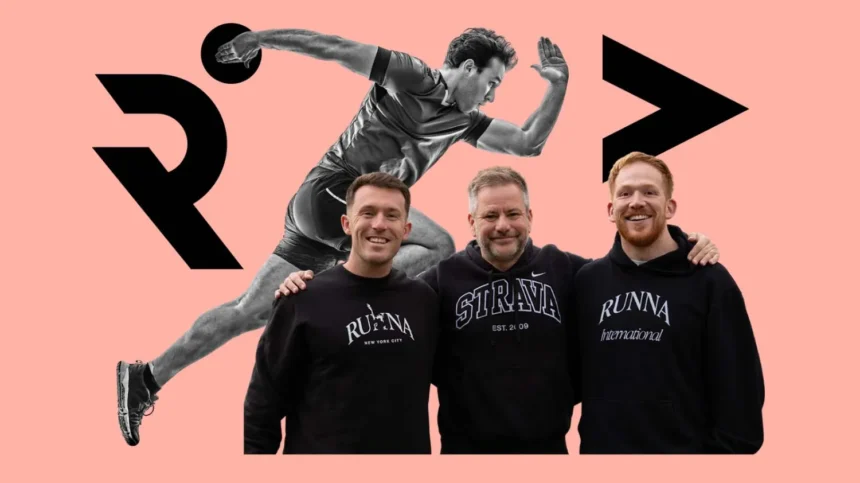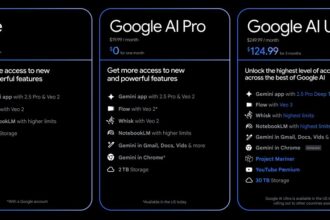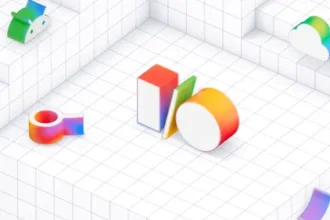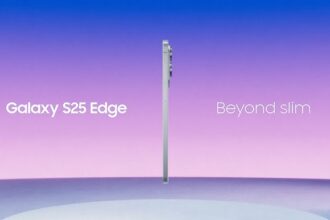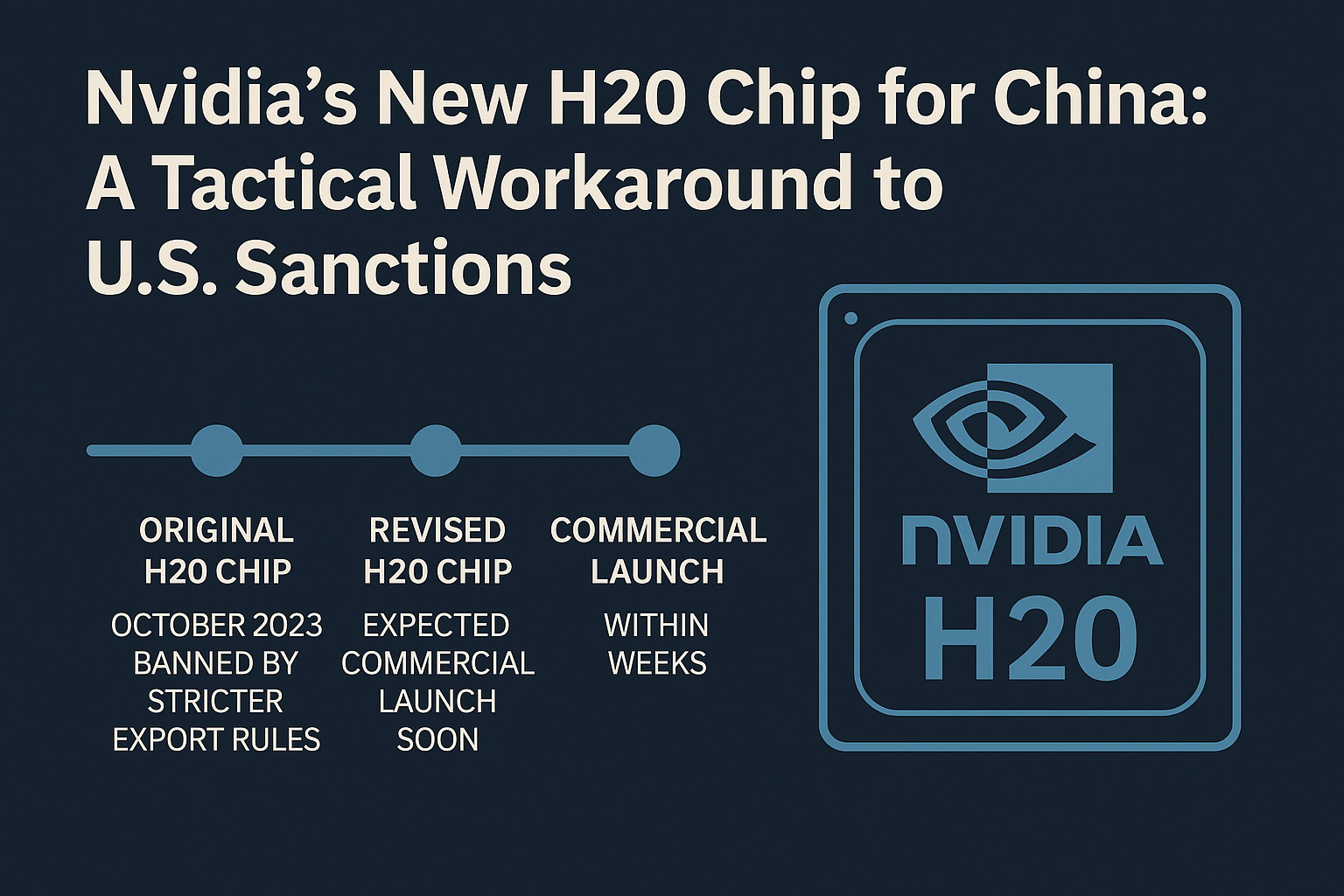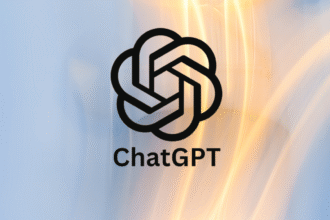Every morning, millions of runners lace up their shoes, start their Garmins, and head out the door—then head straight to Strava afterward to show off their route. Yet despite being the go‑to hub for tracking workouts and connecting with fellow athletes, Strava has never offered any built‑in coaching or training schedules. That gap finally closes with its acquisition of Runna.
Runna, which was introduced in 2021, has quietly built a reputation as the place to go for AI‑driven plans tailored to everything from 5Ks to marathons.
Backed by over $6 million in funding and boasting users in nearly 200 countries, the app has been a favorite among Reddit’s running communities and TikTok’s #RunTok influencers. Meanwhile, Strava—already synonymous with fitness social networking—has struggled to give users a seamless way to turn data into structured progress.
According to Strava CEO Michael Martin, previous attempts to offer static, PDF‑style training guides rarely got used. “Our surveys showed that both newcomers and veteran runners wanted more than just a downloadable document,” Martin explains. “They wanted dynamic plans that adapt to their performance and schedule—and that’s exactly what Runna delivers.”
For now, nothing will change immediately for either user base. Martin says Runna will continue operating as an independent app, with investment channeled into expanding its team and capabilities.
But over the next few months, expect tighter links between the two platforms—like seeing your daily Runna workout seamlessly pop up in your Strava feed, or using Strava’s mapping tools to plot the exact routes your Runna plan prescribes.
Runna co‑founder Dom Maskell outlines the vision: “Imagine opening Runna in the morning to see today’s workout, then tapping through to Strava to choose the perfect course. After you finish, Strava’s superior in‑phone recording tech kicks in, and any live coaching cues come from Runna.” In other words, each app plays to its strengths while delivering a more unified experience.
One area still under discussion is how subscriptions will align. Strava’s premium tier runs $79.99/year, while Runna costs $119.99. Until integration is complete, athletes who want every feature will need both memberships.
Martin likens the plan to Strava’s previous purchase of Recover Athletics, which remains a standalone app but is free to subscribers, versus FATMAP, which was absorbed entirely into Strava late last year.
Subscription changes always get a strong reaction. After a rocky price hike in 2023, the r/Strava subreddit has been vocal about any hint of paywalling. Maskell acknowledges the peril: “We know there are passionate voices ready to weigh in. That’s why we’re committing to transparency—answering questions directly on Reddit, sharing our roadmap, and making sure athletes see the value this brings.”
However, both sides insist this is about growth and not cost‑cutting. “We could have waited, but now is the moment to double down on innovation,” says Martin. “By combining Strava’s community with Runna’s AI coaching, we’re setting the stage for a smarter, more motivated running world.”

